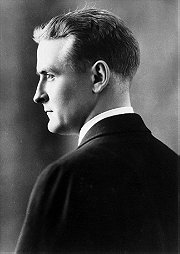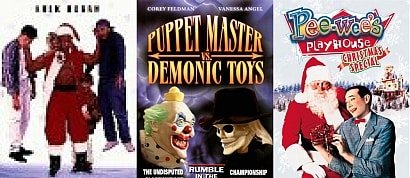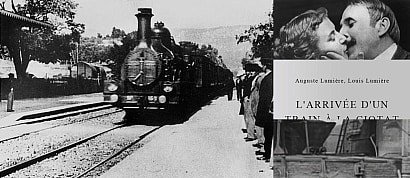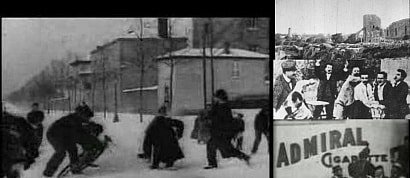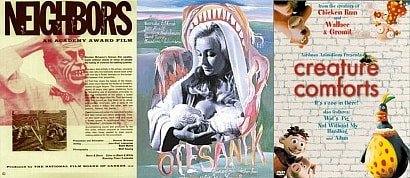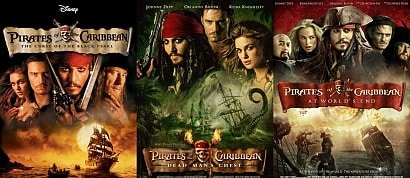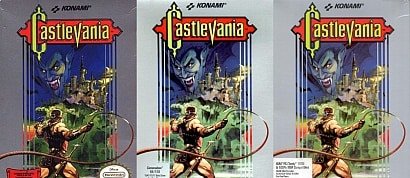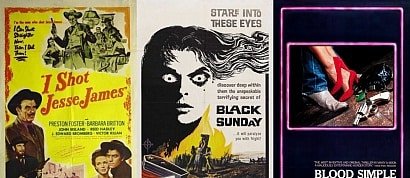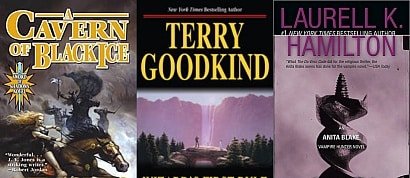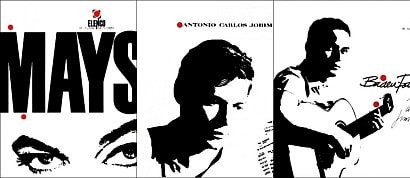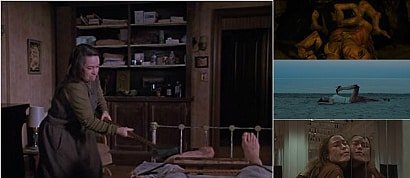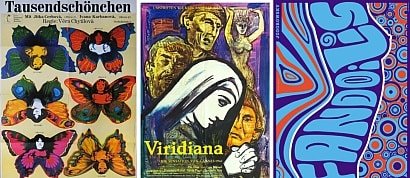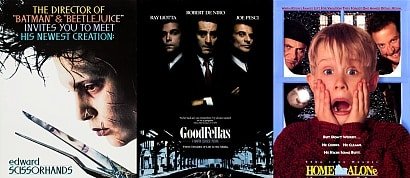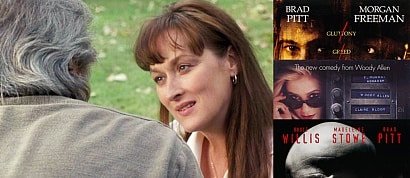Lost Generation
The Lost Generation is a term used to refer to a collective group of artists and writers who settled in Europe in the wake of the First World War. Members of the Lost Generation lived in Europe in the 1920s and early 1930s, and they had a profound impact on society and the arts. This generation is referred to as “lost” not because it has faded from memory, but because the individuals in the Lost Generation often expressed a sense of emotional confusion, feeling lost in their own society.
Many members of the Lost Generation saw combat in the First World War, sometimes as volunteers who traveled to Europe early, protesting America's lack of involvement in the early years of the war. Others lived through the war in Europe, or had close relationships with people who had. As a result, many had a deep sense of disillusionment created by the violence of the First World War, with many members of the Lost Generation viewing the war as an extended act of senseless brutality which destroyed the innocence which dominated society at the turn of the 20th century.
Members of the Lost Generation often lived a very bohemian lifestyle. They challenged conventional attitudes about appropriate behavior, especially for women, and many also expressed disdain when it came to morality, especially around sexuality. As they struggled with their disillusionment, members of the Lost Generation also questioned society as a whole, and targeted the arts with barbed commentary which suggested that most artists were simply repeating the work of previous generations.
Some well-known members of the Lost Generation include Gertrude Stein, Ernest Hemingway, Ezra Pound, and F. Scott Fitzgerald. The Lost Generation included the modernist movement in art and writing, along with the Surrealist movement. Many members of this generation were deeply political, often holding radical political views which led to marginalization in mainstream society. While members of the Lost Generation are famous now, many of them attracted much less attention in their time; The Great Gatsby, for example, only sold 25,000 copies when it was released, although it is widely regarded as a classic today.
The members of the Lost Generation struggled with shattered ideals about society, gender roles, diplomacy, morality, and other issues. Their commentary on society may not have been well-received at the time, but it went on to make icons out of many members of the Lost Generation.
Many members of the Lost Generation saw combat in the First World War, sometimes as volunteers who traveled to Europe early, protesting America's lack of involvement in the early years of the war. Others lived through the war in Europe, or had close relationships with people who had. As a result, many had a deep sense of disillusionment created by the violence of the First World War, with many members of the Lost Generation viewing the war as an extended act of senseless brutality which destroyed the innocence which dominated society at the turn of the 20th century.
Members of the Lost Generation often lived a very bohemian lifestyle. They challenged conventional attitudes about appropriate behavior, especially for women, and many also expressed disdain when it came to morality, especially around sexuality. As they struggled with their disillusionment, members of the Lost Generation also questioned society as a whole, and targeted the arts with barbed commentary which suggested that most artists were simply repeating the work of previous generations.
Some well-known members of the Lost Generation include Gertrude Stein, Ernest Hemingway, Ezra Pound, and F. Scott Fitzgerald. The Lost Generation included the modernist movement in art and writing, along with the Surrealist movement. Many members of this generation were deeply political, often holding radical political views which led to marginalization in mainstream society. While members of the Lost Generation are famous now, many of them attracted much less attention in their time; The Great Gatsby, for example, only sold 25,000 copies when it was released, although it is widely regarded as a classic today.
The members of the Lost Generation struggled with shattered ideals about society, gender roles, diplomacy, morality, and other issues. Their commentary on society may not have been well-received at the time, but it went on to make icons out of many members of the Lost Generation.
People who voted for this also voted for
Best albums of 2002
Casual gaming
Annual Christmas Viewing
The Movies of 1896
The Movies of 1897
The Movies of 1898
The Movies of 1899
Favorite Super Smash Bros Characters-GypsyDylan
Favorite animation films
My Manga Collection
Pirates of the Caribbean
Castlevania Miscellania
Portuguese Literature
Top 10: Debut Movies
Good Fantasy Reads
More lists from Nusch
Album covers of Elenco
The Best Musical Discoveries of 2012
Coleção Primeiros Passos
Most Painful Wounds In Movies
my favorite movies of the 60's
My favorite movies of 1990
1995 Films Ranked
 Login
Login



